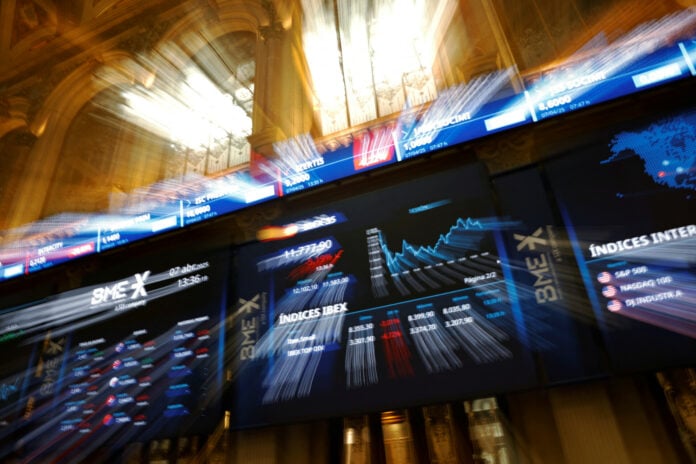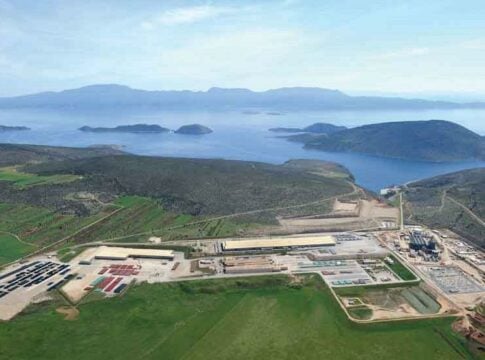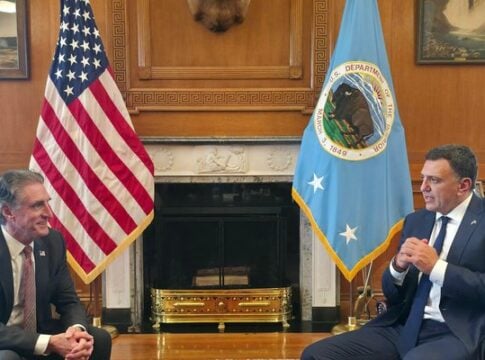The resilience that markets show during periods of international turmoil, geopolitical tensions, and conflicts is well known. And the current period confirms the historical statistics. International markets reacted calmly — with the exception of the initial hours following the Israeli attacks on Iran’s nuclear facilities — to the new front that opened in the Middle East, with energy prices the only real headache.
Everyone was waiting for the first trading session of the week to see the impact that four days of intense missile attacks would have on investor sentiment. Zero. No reaction. Several analysts spoke of complacency and warned of the risks in such an attitude. However, shortly afterward, reports from Western media that Iran was willing to discuss ending the war — something that was reiterated in a public statement by U.S. President Donald Trump — seemed to vindicate the investors’ stance, who even seized the opportunity to buy stocks and oil at their lows.
This does not mean that markets know better than politicians what is going to happen. It does, however, prove that they have better reflexes. The war that broke out between the region’s most powerful forces is painful for both sides, but it seems unlikely to spread, as everyone recognizes that an escalation of the conflict serves no one’s interests. Even the scenarios suggesting that some may be redrawing the region’s maps acknowledge the need for maintaining balance, despite the warlike rhetoric calling for the destruction of the enemy.














